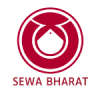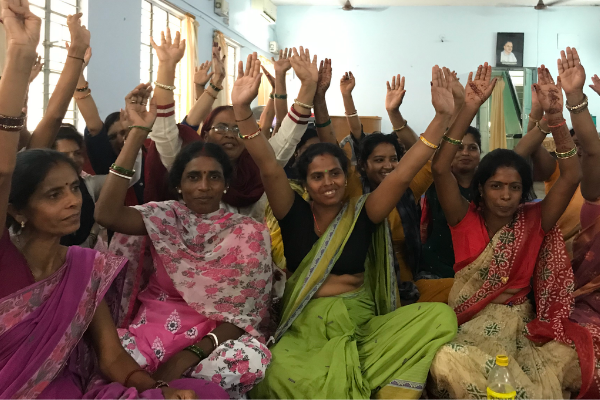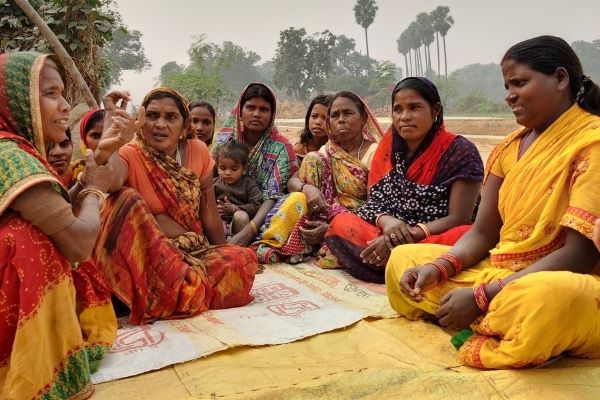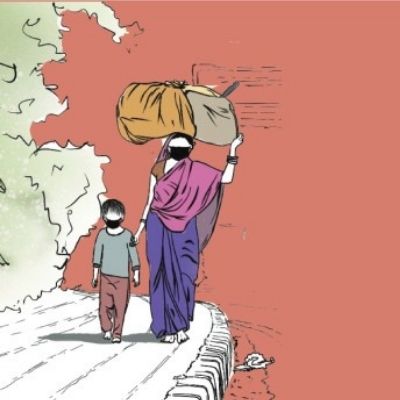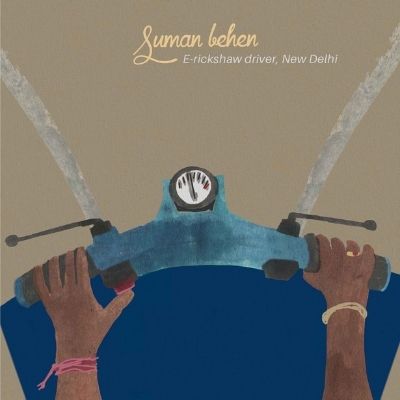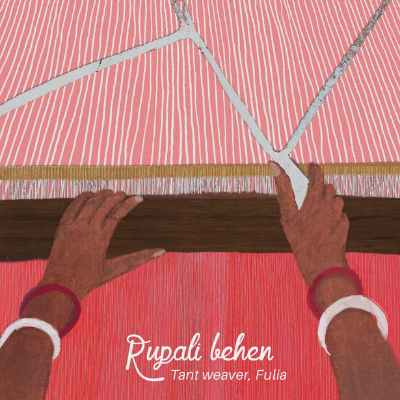Organizing and Collectivising Women
SEWA is rooted in its ability to organize and lead large-scale organizing efforts to improve the working, community, and social conditions. SEWA is a member-based organization, meaning its members are at the heart of its direction, focus, and efforts. Since its origin, SEWA has strengthened communities and informal sector working women by uniting and organizing.
By working at a grassroots level across India, SEWA is able to understand and transmit the issues members face across broad audiences, from a local to a national perspective. SEWA’s size, history, and reach allow large and long-lasting change through the organizing efforts. All of SEWA’s programs, from health to microfinance, rely on the strong unity and identity that SEWA develops through the organization.
